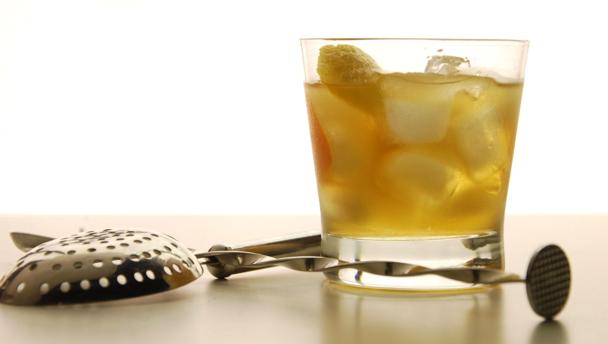

By Wayne Collins
Alcoholic drinks based on distilled spirits, flavoured or aromatised with one or more ‘natural’ ingredients, then sweetened.
Liqueurs come in a bewildering array of colours and flavours, from bitter-ish herb-based liqueurs, to very sweet, fruit-flavoured liqueurs. Vegetables, herbs, flowers, leaves, skins, stones, pips and whole fruit can be used to flavour liqueurs. They can also include eggs (advocaat) or cream (Baileys) or be flavoured with coffee or chocolate.
They can be flavoured in various ways, such as by macerating or infusing the ingredient in liquid, usually the base spirit. Concentrated fruits or flavourings, or essential oils, can also be added to the base spirit, which might be distilled from grape, grain or molasses.
Many liqueurs are particular to a small geographical area and most have a (true or apocryphal) story about their origins. Liqueurs also vary in quality. Some, such as Chartreuse, have a noble history, and the best are made artisanally; others are inexpensive alcohol-based confections.
 Luxury fish pie
Luxury fish pie
 Duck à la rhubarb
Duck à la rhubarb
 Festive berry delice
Festive berry delice
 Warm chocolate and amaretto pudding
Warm chocolate and amaretto pudding
 Zesty tofu cheesecake
Zesty tofu cheesecake
 Rosace à l’orange
Rosace à l’orange
 Christmas chocolate Yule log
Christmas chocolate Yule log
 Mac daddy
Mac daddy
 Apple Martini
Apple Martini
 Cherry chapel hat pegs
Cherry chapel hat pegs
With liqueurs, you generally get what you pay for. If it looks cheap and nasty, it probably is. But don’t begrudge paying for a well-made liqueur; a little goes a long way.
Being spirit-based, liqueurs have a long shelf life and, generally, the higher the percentage of alcohol, the longer it will keep. Egg-based liqueurs should be consumed within three months of opening, or according to the advice given on the label.
Some liqueurs, particularly orange-flavoured ones (Cointreau or Grand Marnier, for example) are used in cooking, as in the classic Crêpes Suzette. Most, though, are used as aperitifs or digestifs, or to make cocktails.
If you’re making cocktails, be careful about substituting one liqueur for another, as the flavour and alcoholic strength can vary greatly according to style and brand.
Article by Susan Low
Type the ingredients you want to use, then click Go. For better results you can use quotation marks around phrases (e.g. "chicken breast"). Alternatively you can search by chef, programme, cuisine, diet, or dish (e.g. Lasagne).